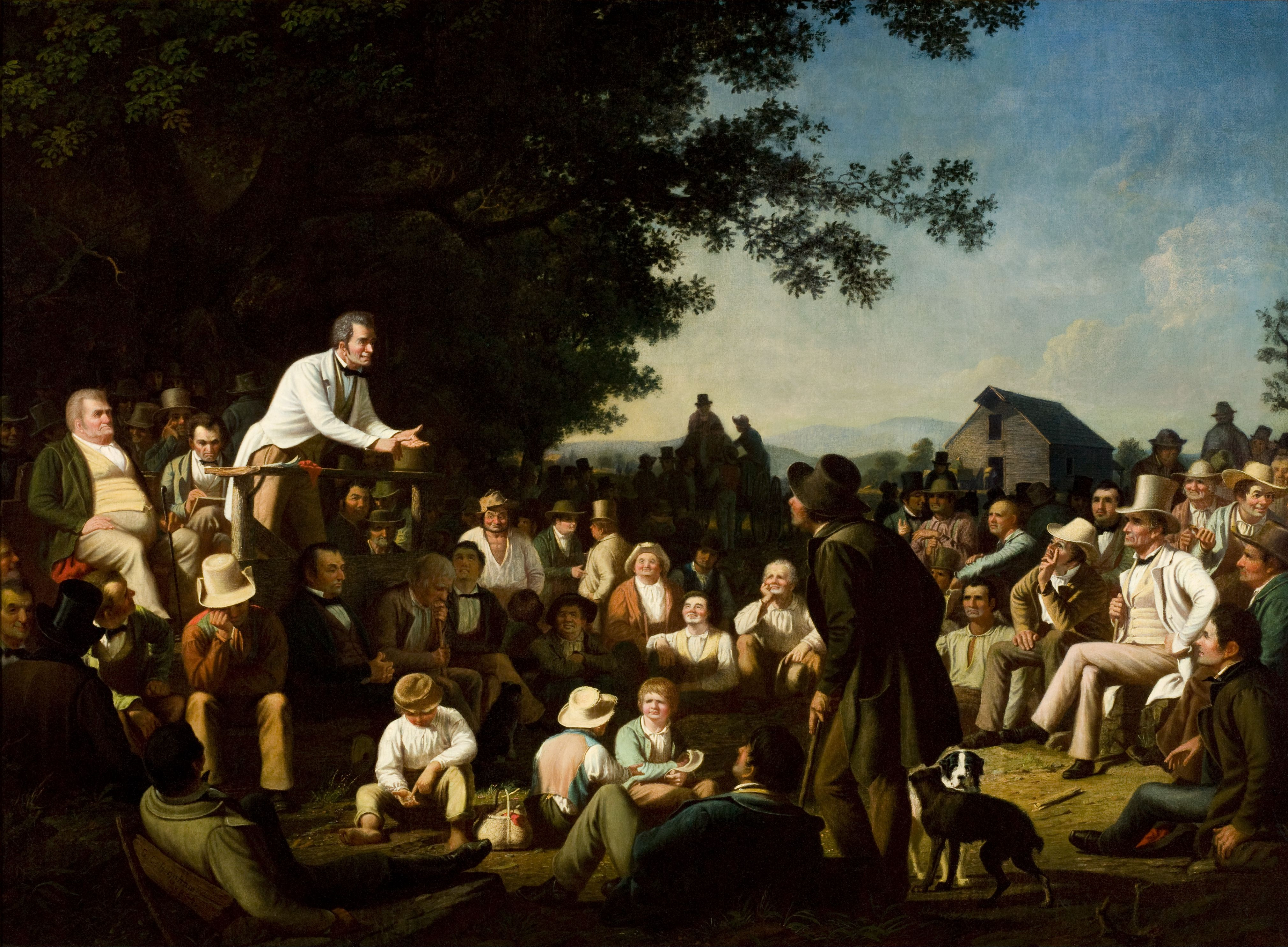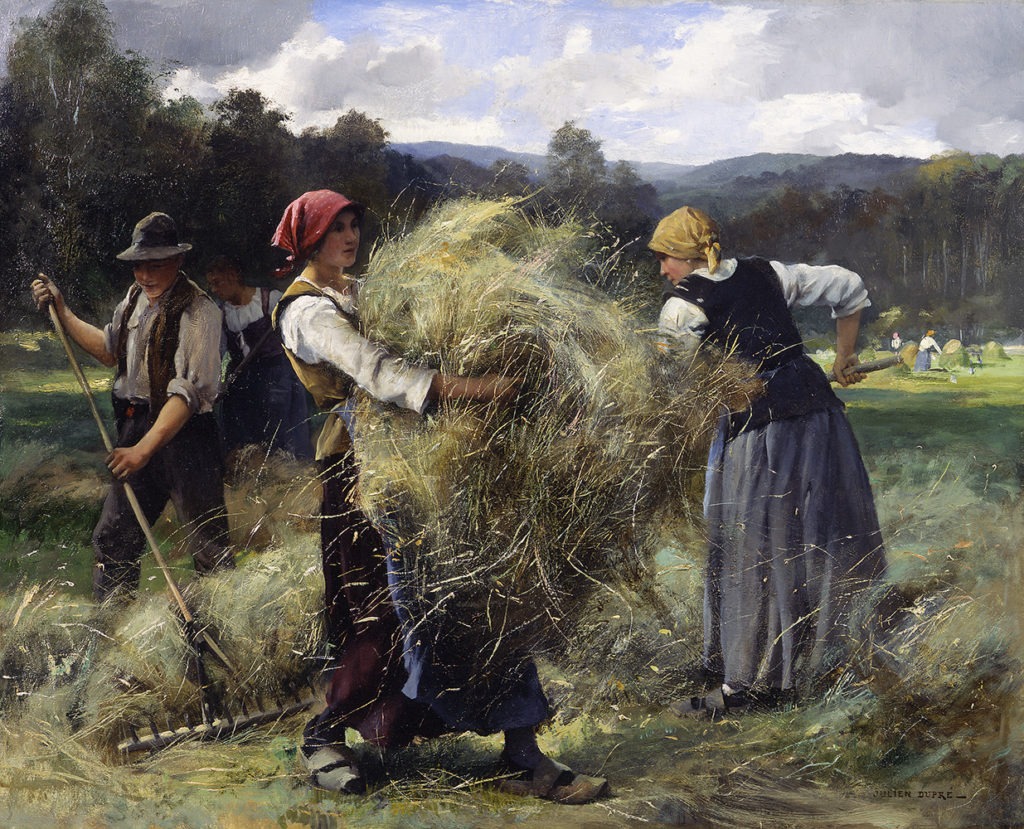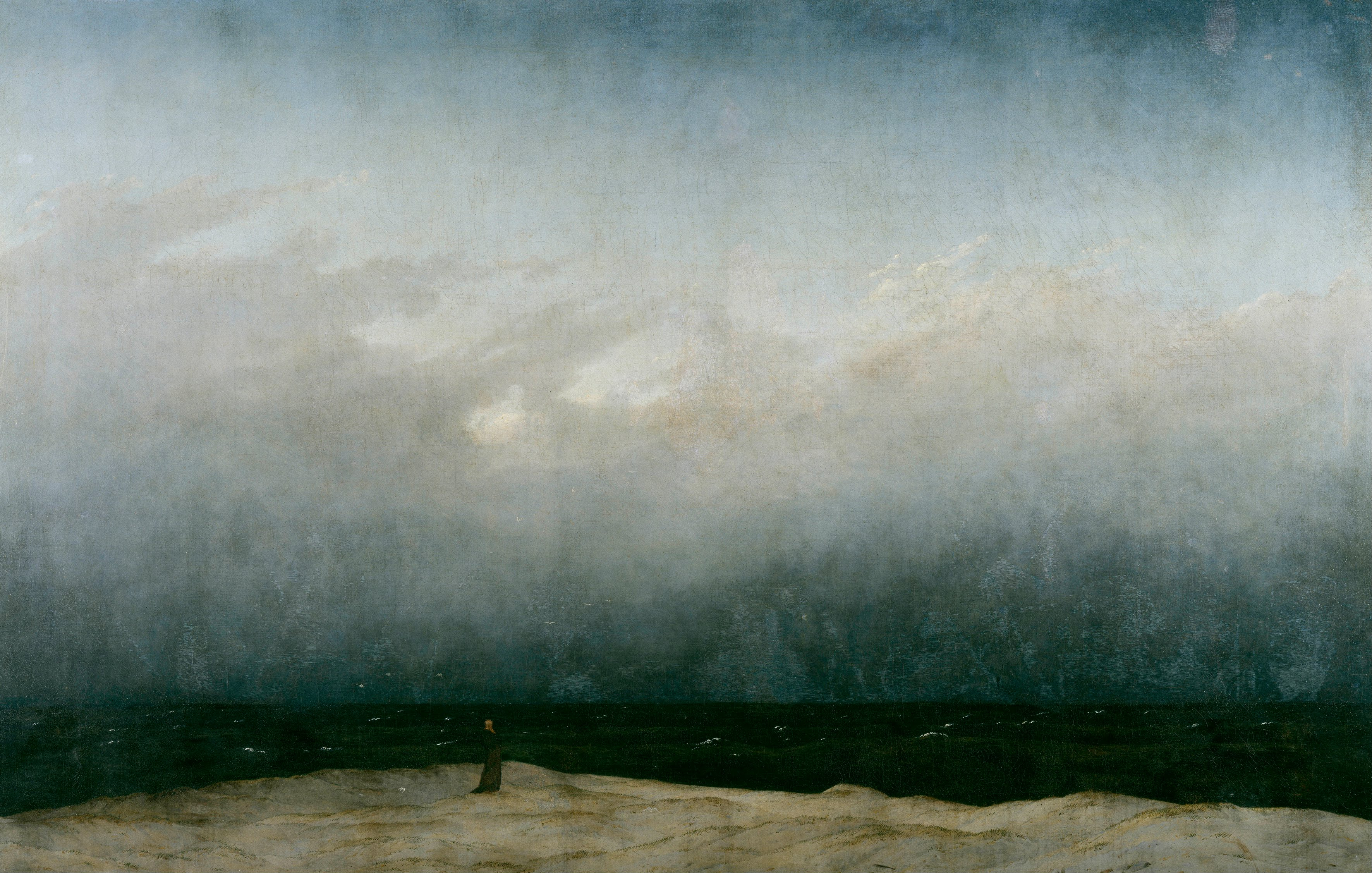Human life can be described in many ways, but at its most basic level it is a sequence of actions. To live is to act. Breathing, moving, speaking, thinking, all of these are forms of action, and they form the continuous thread of what it means to exist as a human being. A life without action is not a life at all; it is death, the cessation of doing. Thus, any attempt to understand human existence must begin with this simple but absolute fact: human life is constituted by action.

Yet action alone is not sufficient for a meaningful life. Actions can be empty, mechanical, or aimless. For human beings, the question is not only that we act but why. Worth is the measure by which our actions gain weight and direction. When action connects to worth, life takes on meaning; when it does not, we are left restless and unmoored. Action is the constant, worth the variable, and the central problem of human life lies in how we connect the two.
In earlier times, this connection was often straightforward. Take the example of a farmer in the 1400s. The farmer’s days were filled with labor: planting, harvesting, tending animals, preparing food. These were not optional pastimes but necessities. To carry them out was to ensure survival, one’s own and one’s family’s. Here, action and worth were nearly identical. To work the field was to act; to secure food was the worth. The purpose of action was built into the very conditions of existence.

Modernity, however, has disrupted this clarity. Advances in technology, industry, and social organization have greatly reduced the sheer necessity of survival-oriented labor for many. Few of us spend our days in a direct struggle to put food on the table. Instead, we are surrounded by countless possibilities for action: careers, hobbies, projects, intellectual pursuits. None of them carry the automatic guarantee of worth that survival once provided. This is the peculiar burden of abundance: when necessity loosens its grip, action loses its obvious orientation. The result is that while we act constantly, we struggle to secure a sense of why our actions matter.
One path to reconnecting action and worth has been the construction of philosophical systems. Aristotle’s Nicomachean Ethics is a famous attempt. He offers an account of the “good life” as activity in accordance with virtue, guided by reason, and measured by a balance he calls the “golden mean.” This framework has inspired generations, but it illustrates a deeper difficulty: such systems, while rich, rarely restore the simplicity we long for. They are too abstract, too dependent on cultural assumptions, too riddled with uncertainties. Other philosophical doctrines face similar obstacles, the main one always being the introduction of complexity into a relation that needs to be simple and direct in order to work adequately. The modern reader cannot simply inherit Aristotle’s ethics as a direct guide to living; his context was ancient Athens, not our fragmented global society. So although philosophy offers a way to order experience and action, it often makes the relation between action and worth even more complex, rather than less.
What we seek is not merely another narrative, however sophisticated, but structures in which action and worth naturally align, as they once did under the force of necessity. We must either find ways to replicate how necessity imbued action with immediate and concrete worth, or move toward a society in which this natural connection is present again. The implications of choosing either path are profound, and much thought, discussion, and care are required to weigh them properly.
Some modern practices offer glimpses of how this quality might re-emerge. Open-source software communities, for example, create cultural structures where the meaning of action is immediately evident. A programmer contributes code, others use it, improve it, and the results are shared. The action is concrete, the worth is visible, and the connection between the two requires no elaborate justification.
The challenge, then, is not to replace necessity with doctrine, but to cultivate cultural structures that re-establish the bridge between action and worth in ways that feel as natural as survival once did. The key lies in identifying what might take the place of the human survival instinct to foster this simple, direct, and forceful relation to worth. I believe that the modern world has become too complex to return to a state of natural necessity. Thus, the only available option is to create and sustain cultural artifacts and institutions that serve as an artificial substitute for the place where survival once generated immediate worth.
These structures can take many forms, though I am not yet ready to hypothesize what they might be. The goal is to multiply opportunities for individuals to inhabit worlds where action is inseparable from meaning.
The task of our time is therefore cultural as much as philosophical. We do not need to invent meaning out of thin air, nor rely on abstract theories alone. What we need is to build structures where the meaning of human action becomes self-evident again. Only then can the modern person recover the simplicity once provided by necessity, but now grounded in freedom and creativity. Having mentioned the concept of freedom, I’d like to clarify an important nuance regarding its relation to modernity.

It is tempting to describe the modern condition as the triumph of freedom, but this is misleading. What defines it is not freedom itself, but the absence of necessity. Freedom merely occupies the space that necessity once filled. When the immediate demands of survival receded, something else had to take its place, and what emerged was the open field of possibility we now call freedom. Yet the two are not equivalent. Necessity carries worth within itself: to act under its pressure is to secure life, and so the meaning of action is beyond question. Once necessity recedes, worth loses its anchor. Whatever takes its place—be it freedom, abundance, or complexity—cannot on its own restore the immediacy that necessity once gave to action. Worth must now be continually justified, explained, or manufactured, and this very need for justification undermines the simplicity of the relation we once knew.
But should we even try to mend this broken connection between action and worth? To call it broken is already to assume that it can, and ought to, be repaired. One path is to recreate necessity’s force by building cultural structures where action and worth once again coincide naturally. The other is to accept the burden of lack of necessity: to live in a world where worth must be continually manufactured, never simply given. Necessity demanded worth; freedom only permits it. The ethical question, then, is whether our task is to reconstruct the lost unity of action and worth, or to learn the harder art of living with their permanent disjunction.
Comments (0)